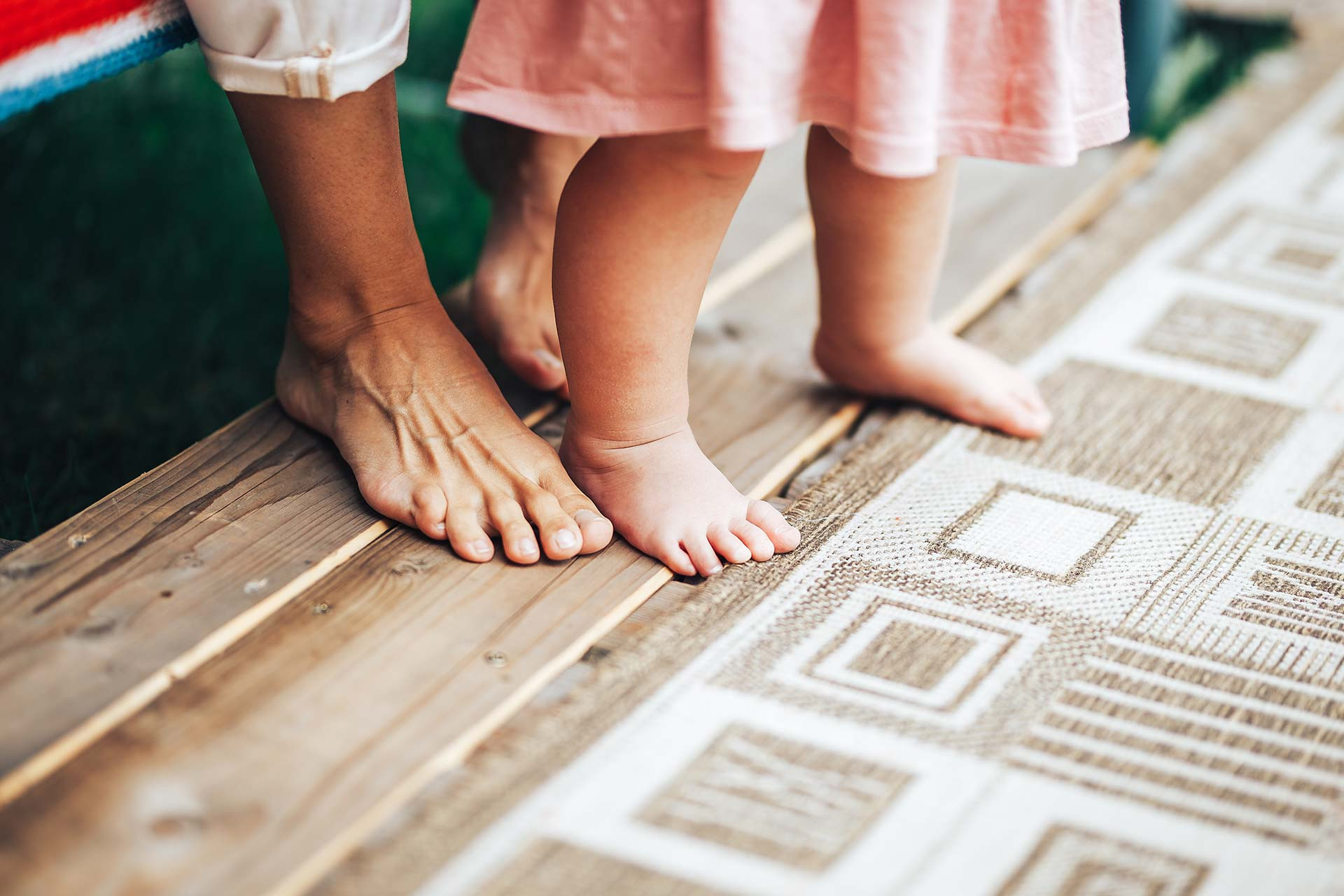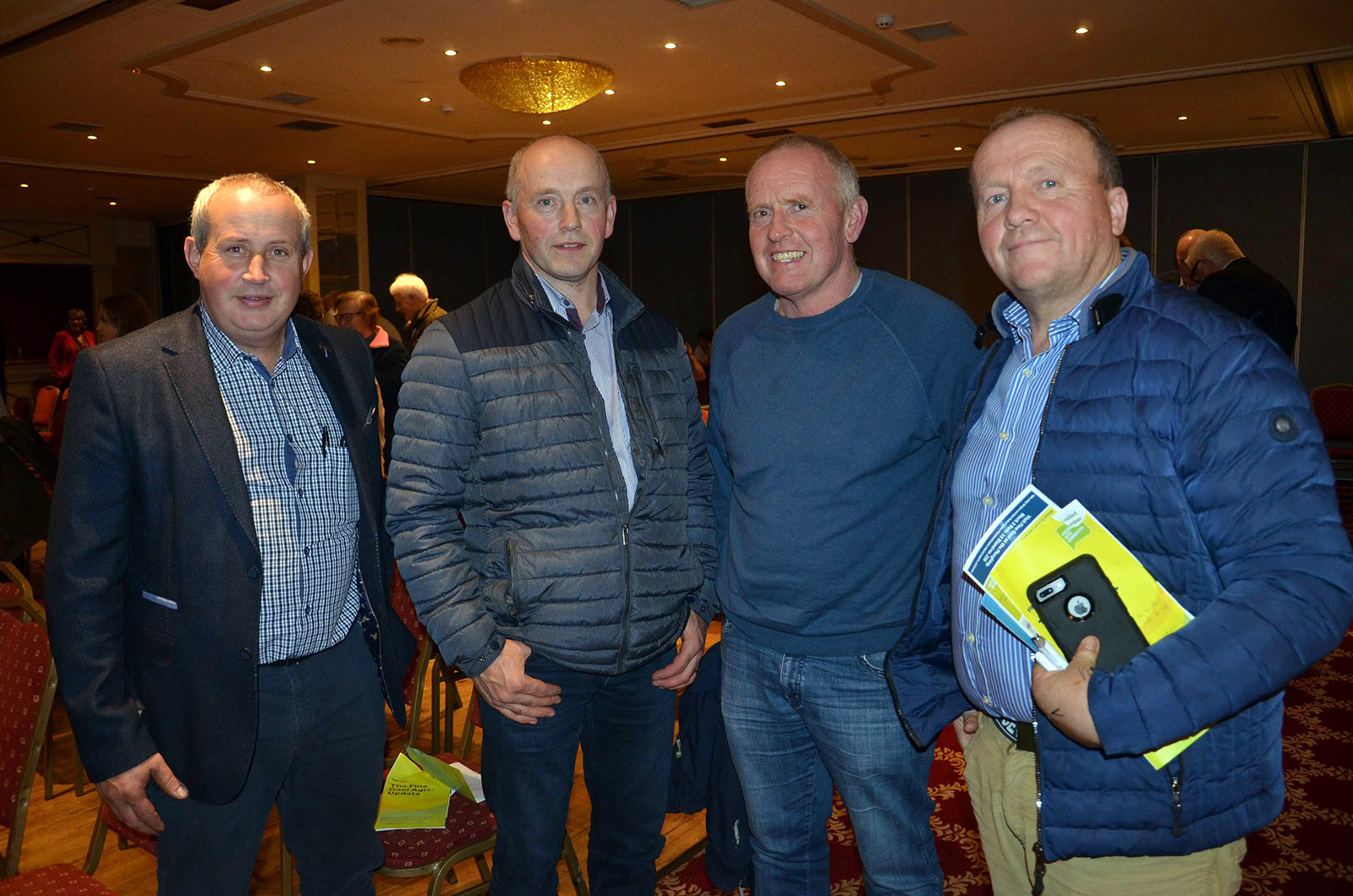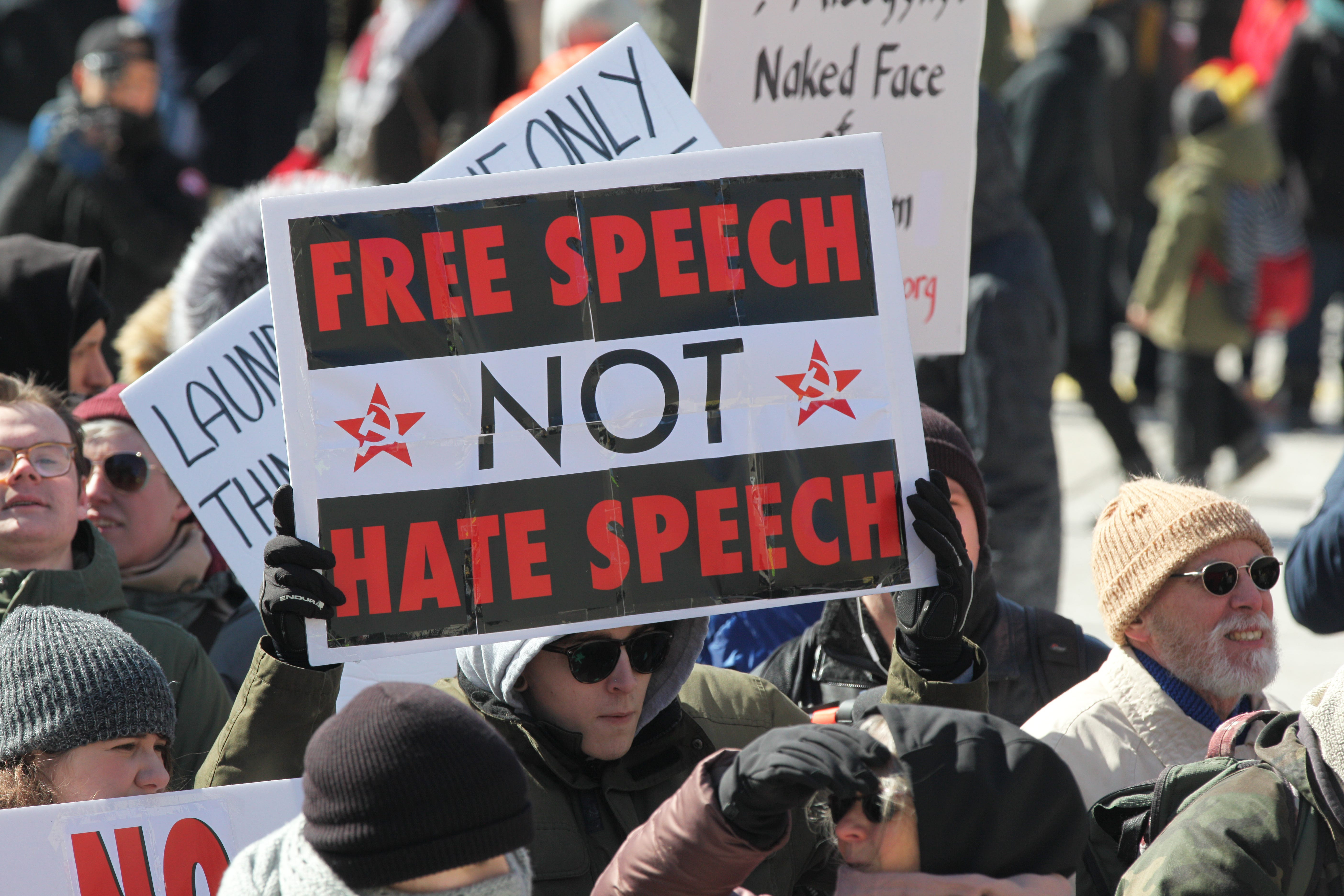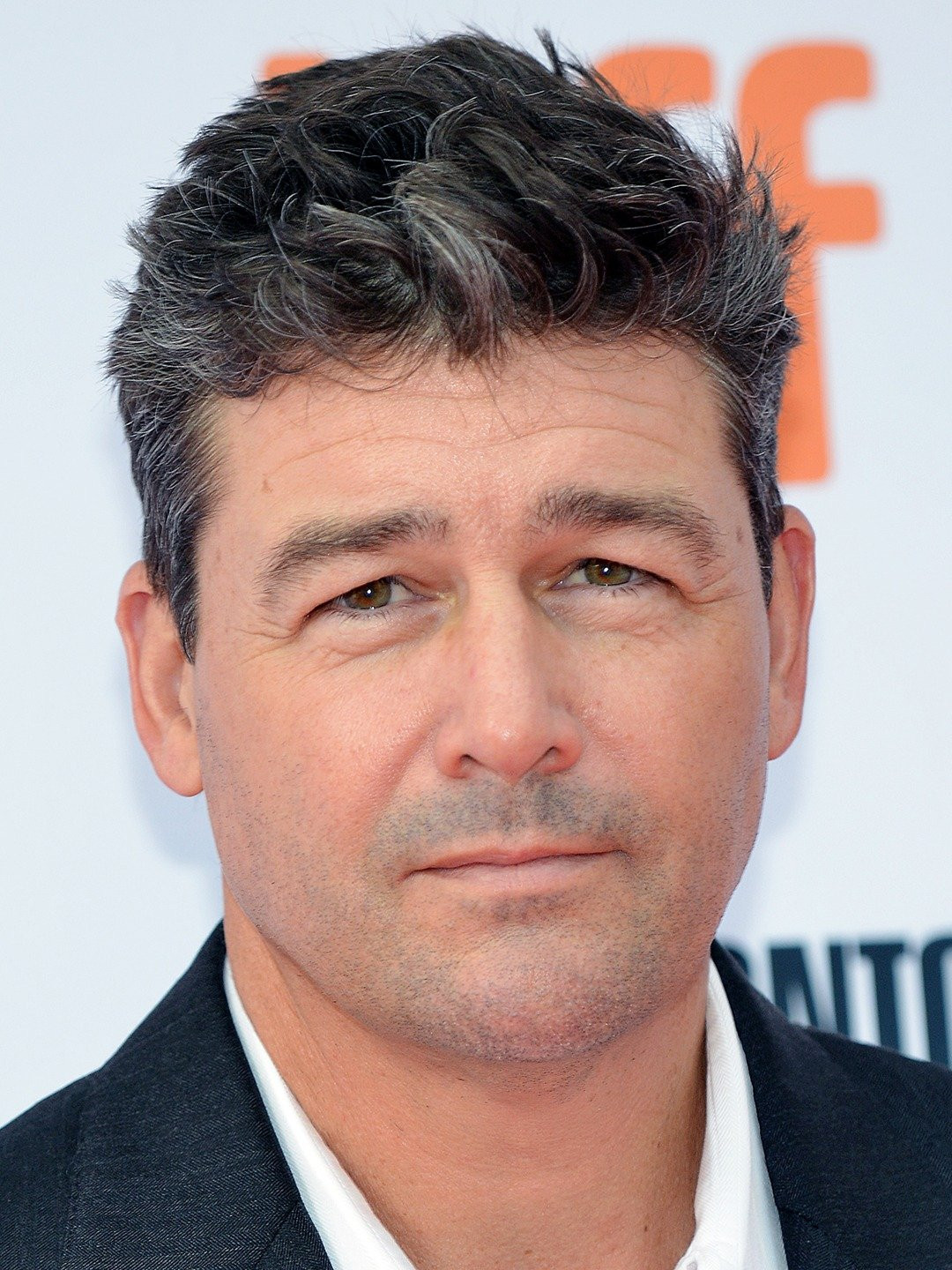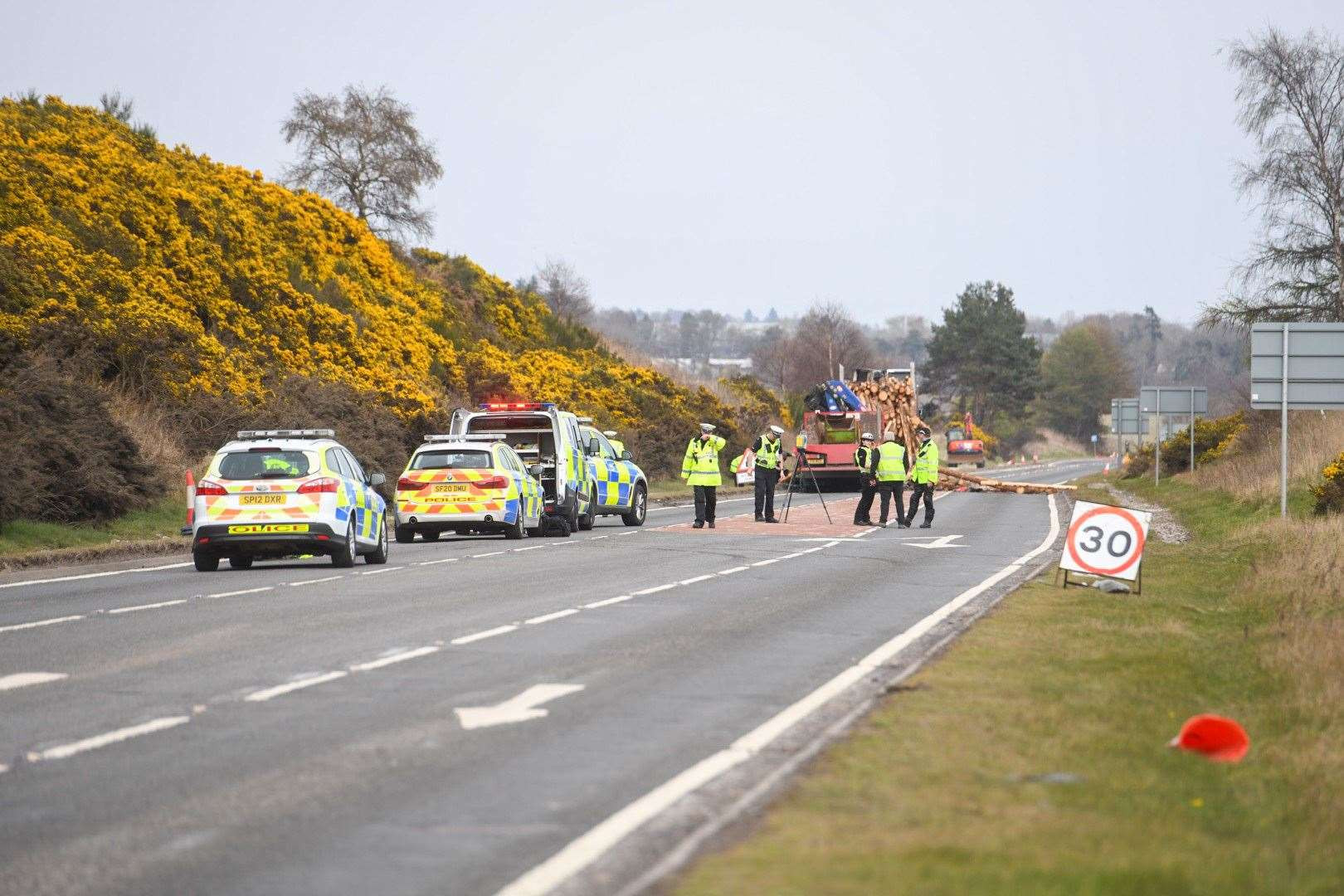FURTHER IMPRESSING UPON the public that Fine Gael is a fresh and renewed political party under his leadership, Simon Harris has made vague indications that he would do something or other about one or two issues. However, the public will have to wait until after they reelect his party into power for such broad and indeterminate plans to be put in place.
“We’re going big when it comes to making childcare affordable,” declared Harris at a party think-in where brains being checked at the door was a prerequisite for gaining entry.
“You may think you’ve been telling us for a decade plus that childcare can be like a second mortgage but it’s Fine Gael that’s discovered this surprising unheard of childcare issue, which is why we’ve acted so swiftly in trying to bribe the electorate with a pledge to not actually do anything apart from saying we’ll promise a consultation process,” added the Taoiseach, flanked by more politicians beaming with pride at having thought of such a thing.
“Did I say we’ve got a new energy, a new energy has Fine Gael. The energy? Well, it’s new!” added Harris, neglecting to mention it is the most inefficient coal based energy the world has ever seen.
Anticipating certain questions from the awaiting media, the Fine Geal leader said that of course an additional, sudden injection of €13bn into the coffers could help address some of the most pressing issues of our time but he would instead be trying to attract intolerant xenophobes by announcing another cut to asylum seekers benefits.
As coalition party leaders and their chiefs of staff gathered last Monday for the first time since July there was a back-to-school atmosphere coupled with a palpable sense that the government was now entering its final days. Even if, as the taoiseach insists publicly and privately, the election will take place next year, most ministers are working on the assumption it will be in November.
One member of the cabinet is 95 per cent certain, while another said their view about a pre-Christmas election had “hardened” to the point they were planning to put campaign stickers on every sweet in their trick-or-treat jar this Halloween. Conversely, a third cabinet minister who believed the election would be this year now privately thinks it is 50-50 as to whether it is November or next year.
Harris’s publicly stated view that the election will take place next year has been articulated privately in conversations with many in his party, with whom he has gone into more detail about his rationale for this view. He does not, according to those who have spoken with him on the matter, buy into the narrative that the longer he leaves it the more time it gives Sinn Fein to recover, arguing that this is an overly simplistic narrative. He is also not convinced that the honeymoon he appears to be enjoying in the polls will have expired by early next year. He argues also that it’s only the difference of a few weeks. “It’s not like Bertie [Ahern] saying, ‘Go in the summer’ — we don’t have that choice. It’s a winter election, and it’s a question over which part of winter do you want to have it,” said a source with knowledge of the taoiseach’s thinking.
Ahern told a Fianna Fail minister at an event recently, however, that Harris should go to the country now or very soon. The former taoiseach, who won three successive general elections, argues Sinn Fein is reeling from the collapse in its support but will have regrouped by February or March.
If the Fine Gael leader sticks to this position, it is likely that before the end of September he will definitively rule out a pre-Christmas election. That should end the speculation at least, but either way, everyone in Leinster House is on an election footing and is prepared for a snap poll on November 8 or 15. Fine Gael held four selection conventions alone last Thursday, and will conclude them all by this day fortnight. Some Fianna Fail candidates were said to have been told to start ordering posters last week. Sinn Fein and the other opposition parties are rattling through their own selection conventions.
The main opposition party is delighted with the launch of its much-vaunted housing plan and will be sending an abridged version of the 110-page document to every home in the county via party activists and private mailing companies. Sinn Fein would not say how much it will spend on this. Government attempts to discredit the document have largely fallen flat, with most experts in the housing sector giving it a broad albeit caveated welcome. Most agreed that whatever about its merits, the plan offers a very clear alternative to current government housing policy. One senior Sinn Fein TD said that apart from anything it had boosted morale after a tricky few months. “It might take time to shift momentum externally,” they said.
Sinn Fein knows the housing crisis remains its best bet for a good election campaign and the coalition is acutely aware it remains its Achilles’ heel, particularly when it comes to affordability and supply. Darragh O’Brien, the housing minister, will meet Jack Chambers, the finance minister, this week to begin thrashing out what one insider said would be a “significant budget for housing”. Expect several moves to widen existing government schemes — the ones Sinn Fein want to scrap — and a generous increase in the rent tax credit. Chambers ruling out further tax breaks for landlords was no accident last week and signalled that the coalition wants to avoid any perception in its final budget before the election that it is siding with landlords over tenants.
Fine Gael’s push to double stamp duty on the bulk purchase of homes, as outlined by Neale Richmond, the junior finance minister, elsewhere in The Sunday Times this weekend, is a further sign that every party in government wants to put its mark on housing policy. It was also no accident that the Greens went to war with Fianna Fail over its plans to delay the residential zoned land tax last month. For all the talk that he is quiet around the cabinet table, Roderic O’Gorman, who is more of a political street fighter than many would think, sanctioned the type of media offensive on his coalition colleagues that his predecessor as Green leader, Eamon Ryan, often shunned. Expect more between now and polling day. “It’s going to get a bit pissy and narky right up to the budget,” one Fianna Fail minister said.
The Greens are said to be unhappy about the amount of pre-budget commentary from Chambers, not just the residential zoned land tax, but also a briefing to the Irish Independent last weekend that donations to local sports clubs would be made tax-exempt in the budget. At the same time, some in Fianna Fail are annoyed at what they see as Harris’s desire to “announce the whole budget”, as one cabinet source put it, before October 1. “Fine Gael likes to get the jump on stuff and if we [Fianna Fail] get the jump on them they get all offended.”
Fianna Fail ministers were irked at Harris criticising Stephen Donnelly last month after the health minister distanced himself from the decision on whether to publish a 2009 review into the paedophile Michael Shine. Donnelly argued it was a decision for the coalition leaders and Helen McEntee, the justice minister. In response, the taoiseach said he had “little tolerance” for ministers pushing matters to other government departments. “Harris was more than loose with his words in relation to Stephen and the Shine piece,” one outraged Fianna Fail minister said. “That was way over the top. It didn’t go down well. I can’t remember that ever happening publicly when Leo [Varadkar] or Micheál [Martin] were taoiseach.”
For all his sunny demeanour in public, some in government have observed a darker and more demanding side to the taoiseach. “He is holding people’s feet to the fire. He’s looking for people to pull their weight,” one cabinet source said. “Those that aren’t pulling their weight would be on the bad side of him.”
The Fine Gael leader continues to work at a relentless pace. Last week he took a ten-hour overnight train in and out of Ukraine and was said not to have slept on either leg. Last Thursday he began his day meeting Donald Tusk, the Polish prime minister, in Rzeszow in eastern Poland and finished it at the RDS in Dublin, dressed in a tuxedo and looking pale and tired as he delivered a speech at the Ibec president’s dinner. “I’ve met thousands of people over the last few months and the date of the general election is the last thing on their mind,” he said.
But on Wednesday week he will re-enter the Dail chamber where all those present will have little else but the election date on their mind.
“I want us to develop a childcare system that works for every parent.
“I don’t believe this vision will ever be achieved if we simply leave it to the market, frankly the stakes are far too high, and parents want certainty.
“So now I want Fine Gael to make that shift and do what is in the best interests of children and their families, by moving to an affordable, high quality, public early learning and childcare model,” he said.
“The evidence is clear: Investing heavily in high quality early childcare and early childhood education reaps great rewards in later life.
“It also reduces educational inequalities, particularly for those who may be experiencing disadvantage, and it enables women to fulfil their ambitions.”
He said that he wanted Fine Gael to be more ambitious in achieving this goal. He said parents of young children spoke to him about cost but also about the difficulty in accessing places. He also suggested that childcare facilities could be developed as part of each new school building.
Ms Humphreys also disclosed at the meeting that the fuel allowance, worth €33 per week during the winter period, will be extended to people over the age of 66.
At present, the allowance is payable to those who are over 70 years of age. The change is expected to be announced as part of the Coalition’s cost-of-living package in the Budget.
In his speech to the party’s Oireachtas members and Dáil candidates, the Taoiseach presented Fine Gael as a party that would be strong on law and order and also on immigration as it faced into a general election.
He signalled there would be “further changes” to supports available to those seeking asylum in this country in the coming weeks. That was received as a reduction in supports.
However, senior figures in Fine Gael seemed unaware about the detail of those changes in supports.
Minister for Justice Helen McEntee subsequently said that she was not aware of any specific change that had been decided upon and suggested the Taoiseach might have been referring to changes that had already been made.
When pressed on the matter, Ms McEntee said Mr Harris was talking about changes that may be made, or should be made.
“That still has to be worked through. As a party we should be in a position to talk about what we want next and to engage with our colleagues on what should happen next,” she said.
Mr Harris also said Fine Gael would “open more prison spaces, hire more judges and reform our sentencing laws to send a message that crime never pays”.
Talking to reporters, Mr Harris also dampened speculation about a November election. He insisted he had given a commitment to the leaders of the other Coalition parties the Government would last its full term. However, he would not be drawn as to the date of the election, when asked.
Addressing the question of redress for survivors of sexual abuse in schools run by religious orders, he said he would encourage organisations that consider themselves to be Christian to act to the values of Christianity, in paying their share of redress.




